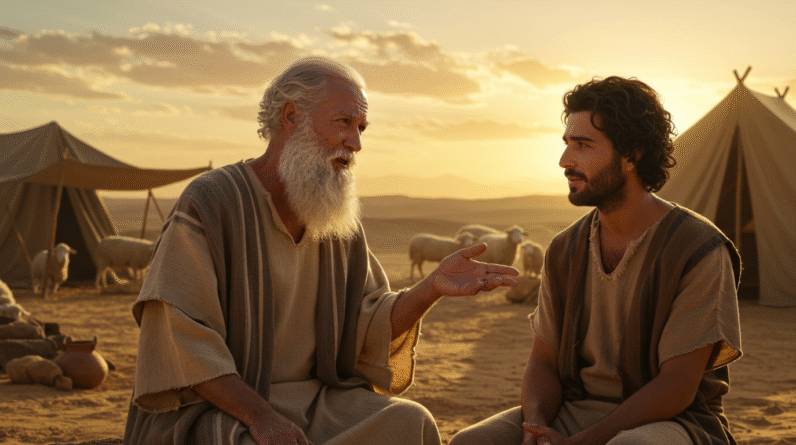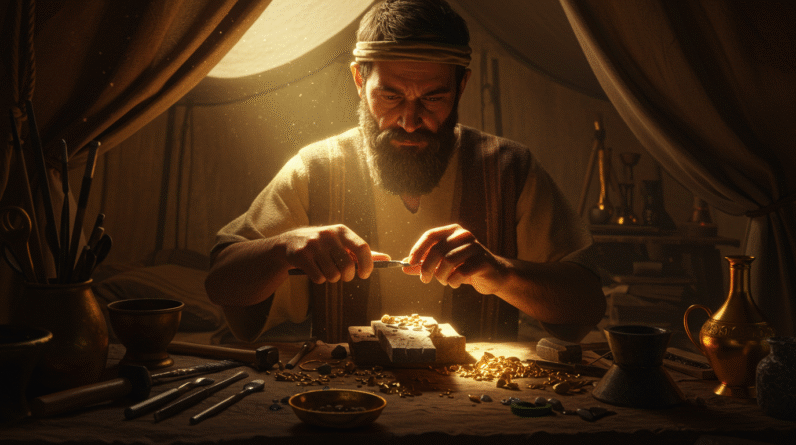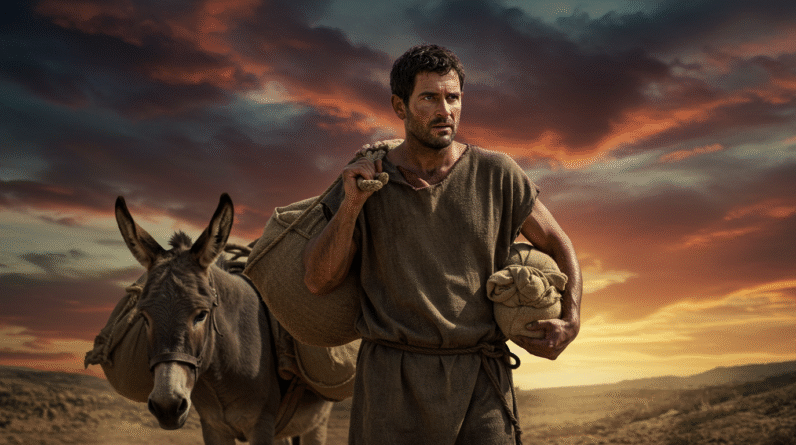Explore the intriguing legacy of Sheshan from 1 Chronicles, a tale of courage, breaking traditions, and enduring familial bonds. Discover hidden biblical insights.
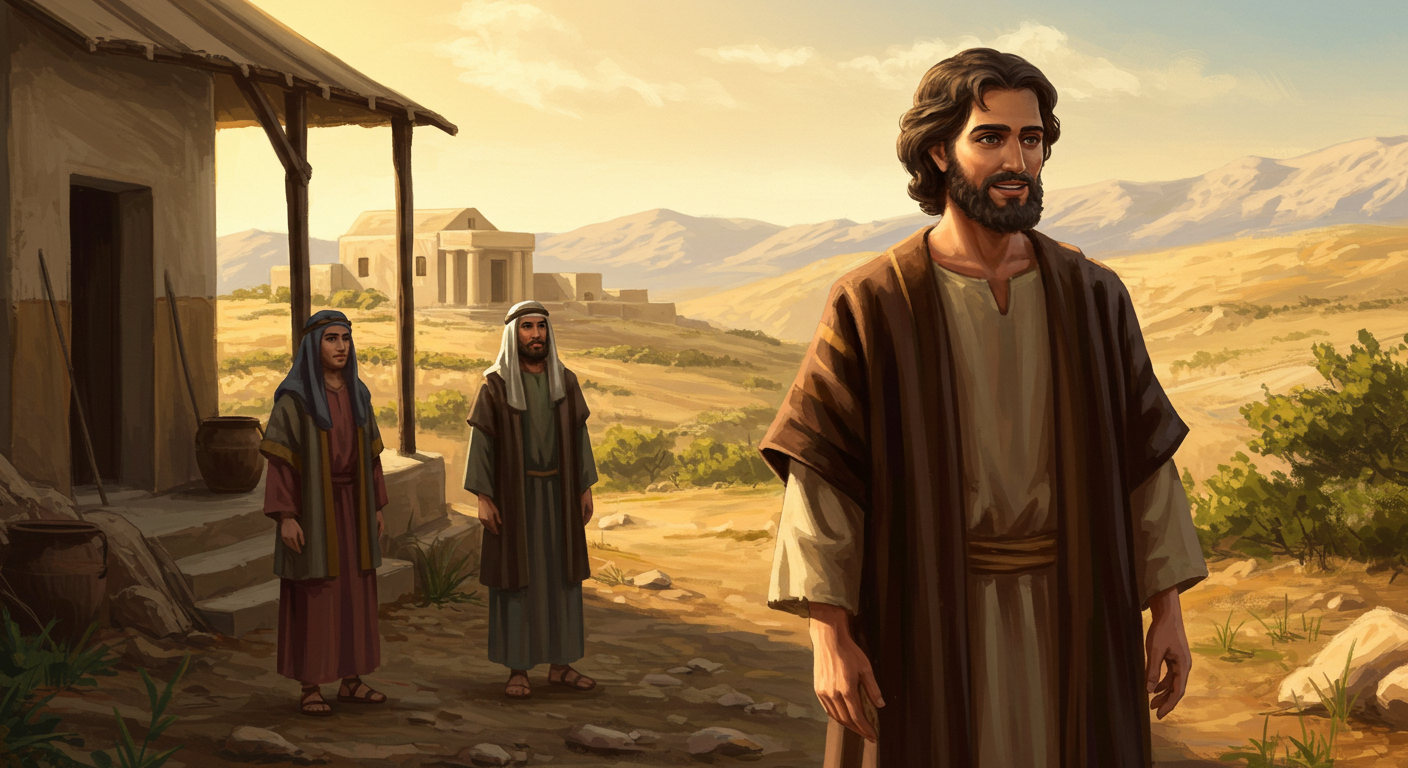
Introduction: Unveiling Sheshan’s Legacy
The world of biblical genealogy is (to many) an endless labyrinth of names, each with its tale and significance. Yet, in the vastness of these historical chronicles, some names, like Sheshan, remain hidden treasures—cryptic yet undeniably impactful. Sheshan may not hold the immediate recognition of Abraham or Moses, but his lineage, subtly recorded in 1 Chronicles 2:34-35, offers a unique exploration of family dynamics and cultural transitions. He emerges from the pages as a character of interest—not because of grand conquests or storied adventures, but due to the unexpected nature of his familial decisions and their poetic implications in the biblical lineage.
Sheshan’s Story in the Bible
Sheshan’s story, nestled within the genealogies of 1 Chronicles, is a quiet reminder of the often-overlooked corners of Scripture. His most notable act is mentioned briefly, yet tells us volumes about his life and legacy. As a member of the tribe of Judah, a lineage that encompasses legends and kings, Sheshan’s life is framed within a context rich with potential and promise. Despite this, Sheshan’s family line was on the verge of extinction due to the absence of a male heir—a significant concern in biblical times, when lineage and inheritance were strictly paternal.
In a bold and unconventional move, Sheshan gave his daughter in marriage to an Egyptian servant named Jarha (1 Chronicles 2:34-35). This decision was not merely about marriage, but about ensuring the continuity of his family’s legacy within a context grounded in love, trust, and perhaps, desperation. By bypassing traditional inheritances through male descendants, Sheshan defied patriarchal expectations and emphasized the adaptability and persistence of familial bonds over rigid customs.
Lessons from Sheshan’s Life
Sheshan’s life may encourage you to evaluate the complexities of family, legacy, and the courage to break from tradition. His story might seem minor on the surface, yet it offers potent reflections on the following:
- Courage in Breaking Tradition: Sheshan’s decision to secure his family’s future by any means necessary underscores the importance of adaptability. In today’s world, where change is the only constant, learning to bend rather than break can be vital for personal and communal growth.
- Valuing Relationships Over Customs: The marriage arranged between Sheshan’s daughter and Jarha symbolizes the power and necessity of valuing connections over static conventions. When familial love and mutual respect exceed societal expectations, legacy and authenticity flourish.
- Resilience in Uncertainties: His story suggests an underlying theme of resilience. Life’s unexpected turns can derail well-laid plans, but Sheshan’s proactive approach provides a blueprint for confronting uncertainty with grace and ingenuity
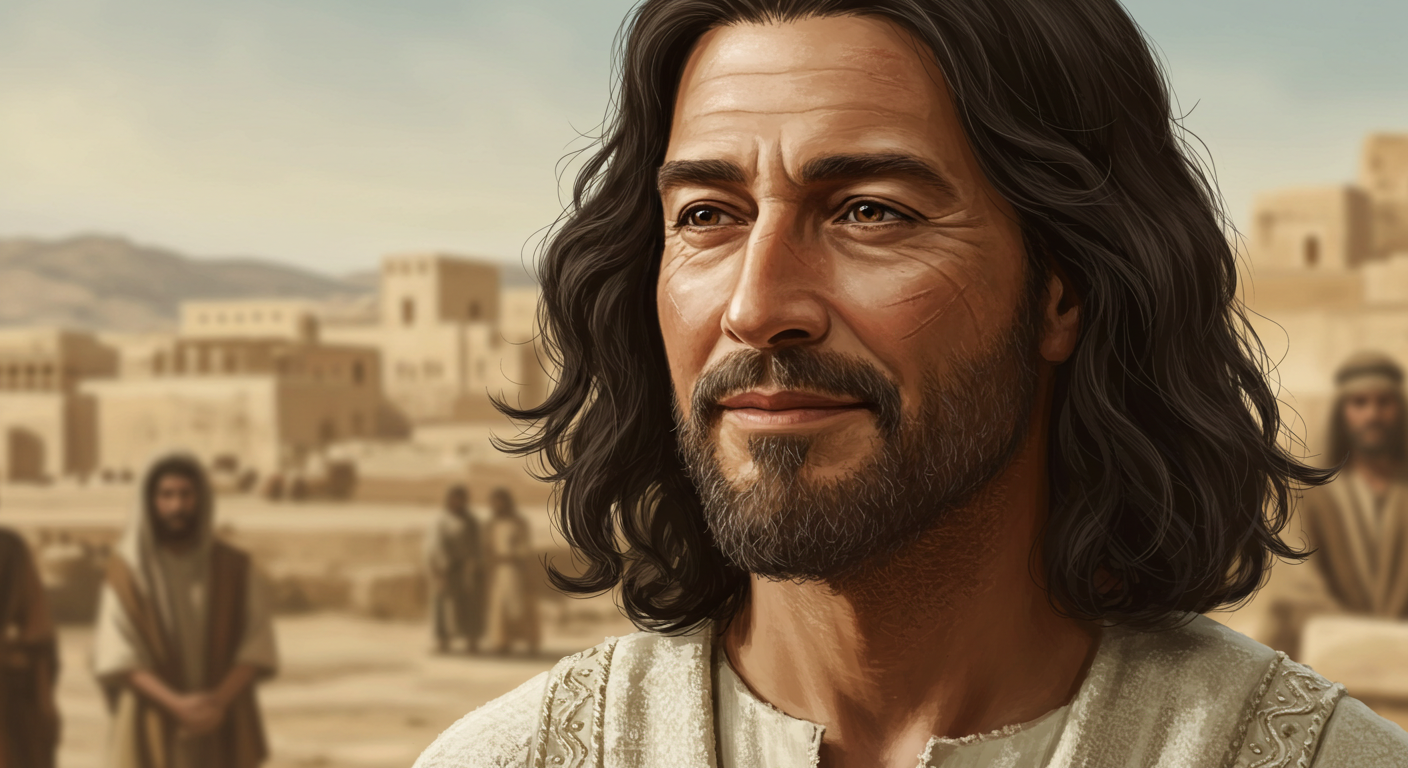
Sheshan’s Connection to Today’s World
In a time when families and communities are regularly tested by external pressures—economic shifts, cultural changes, or global crises—Sheshan’s story could offer compelling lessons. As the traditional definition of ‘family’ evolves, many face similar crossroads in ensuring their lineage’s survival and prosperity. How do you decide when to uphold tradition and when to forge a new path for the sake of love, connection, and growth?
Imagine a modern society grappling with shifting paradigms, reflected in career paths that challenge the status quo, communities opening up to inclusive definitions of identity, and nations engaging with the diversity that crosses physical and cultural borders. In such a world, where lineage is often less about blood and more about the bonds that hold us together, Sheshan offers inspiration. His story is a reminder that legacy can sometimes require courage and a willingness to redefine one’s path for future generations.
Key Bible Verse
“So Sheshan gave his daughter in marriage to his servant Jarha, and Jarha became the father of Attai” (1 Chronicles 2:35). Here, the verse encapsulates Sheshan’s determination to safeguard his family’s lineage. This act, which goes against the grain of societal norms, emphasizes the boundless nature of family and legacy, regardless of societal constraints or expectations.
Thought-Provoking Question
When confronted with life’s decisions that pit tradition against innovation, how will you choose to forge a legacy that honors both love and progress?
Historical and Cultural Context
The era of the Chronicles was one where family and inheritance were tethered tightly to patriarchal norms. The lineage dictated inheritance rights, and male heirs were the unequivocal default for perpetuating one’s name and estate. Sheshan’s decision to give his daughter to an Egyptian servant is noteworthy given the historical and cultural tension between Israelites and Egyptians during biblical times. This decision highlights the lengths to which one must sometimes go to preserve both legacy and identity, revealing an innate universal truth that transcends historical timelines: the persistent human drive to endure and evolve.
A Prayer Inspired by Sheshan’s Story
Dear God, as we navigate the complexities of life, grant us the wisdom to discern paths where traditions and love intertwine with innovation. May we be inspired by Sheshan to create legacies rooted in justice, courage, and adaptability. Amen.


